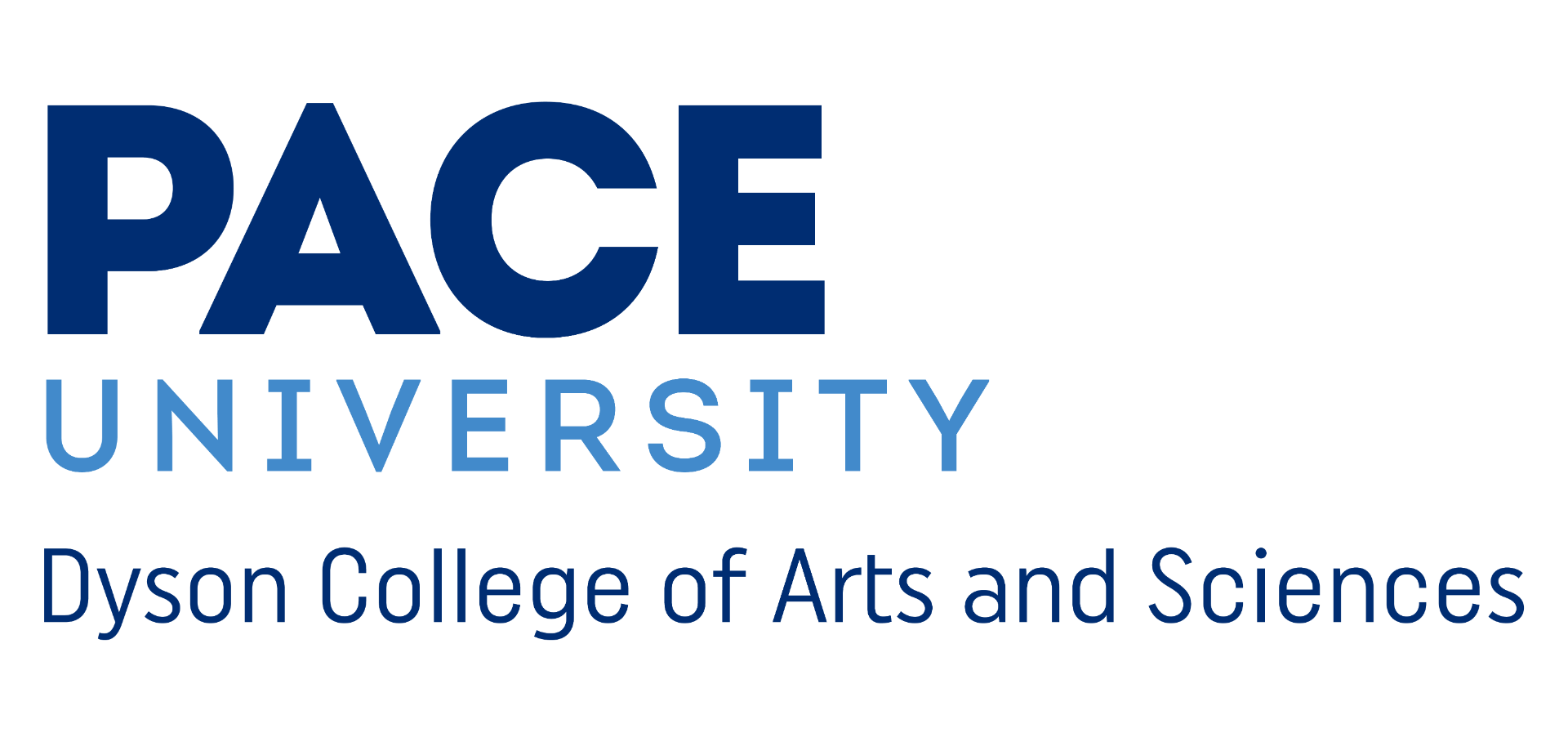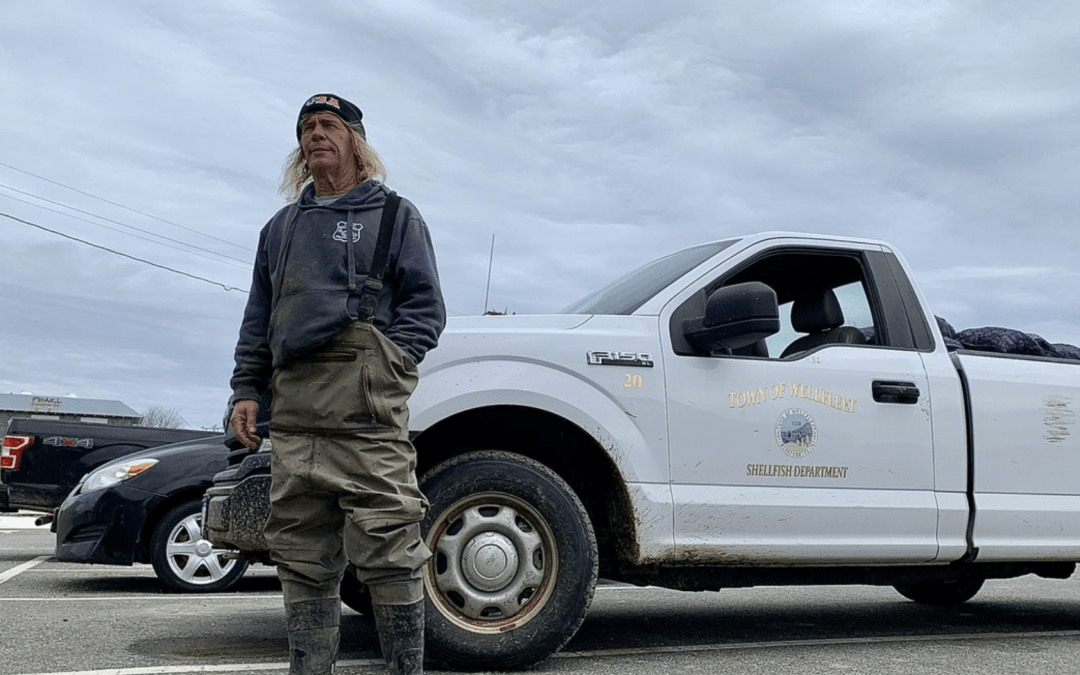March 17, 2022
This blog post was written by Emily Teixeira and Caroline O’Kane.
Thursday was our last full day on the Cape, and it was St. Patrick’s Day. Despite some afternoon rain, we certainly made the most of it.
To cover more ground, the crew split off into teams. Half went to Barnstable, where they met with Bert Jackson, CEO of the Cape Cod Technology Council and Director of Community Engagement for ‘Expedition Blue’, a project focusing on the preservation of the Cape’s blue economy.
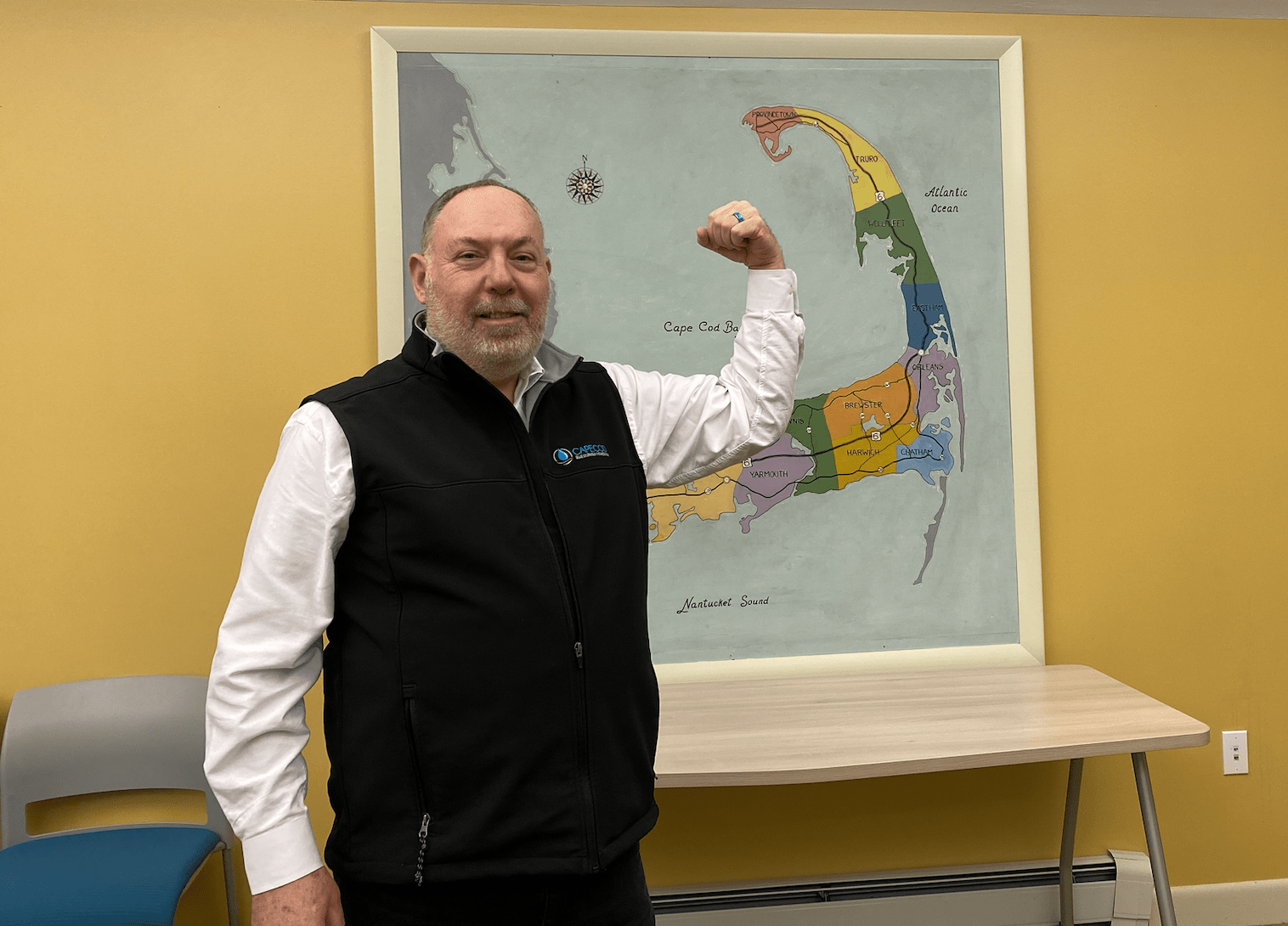
Bert Jackson, CEO (Cape Cod Technology Council) and Director of Community Engagement (‘Expedition Blue’ – Cape Cod Chamber of Commerce)
Bert discussed that the environment is the lifeblood of the region, and water is the way of life for people on the Cape. Even if someone doesn’t work on the water themselves, they certainly know someone who does. If oysters disappeared from the Cape tomorrow, it would gravely impact everyone there.
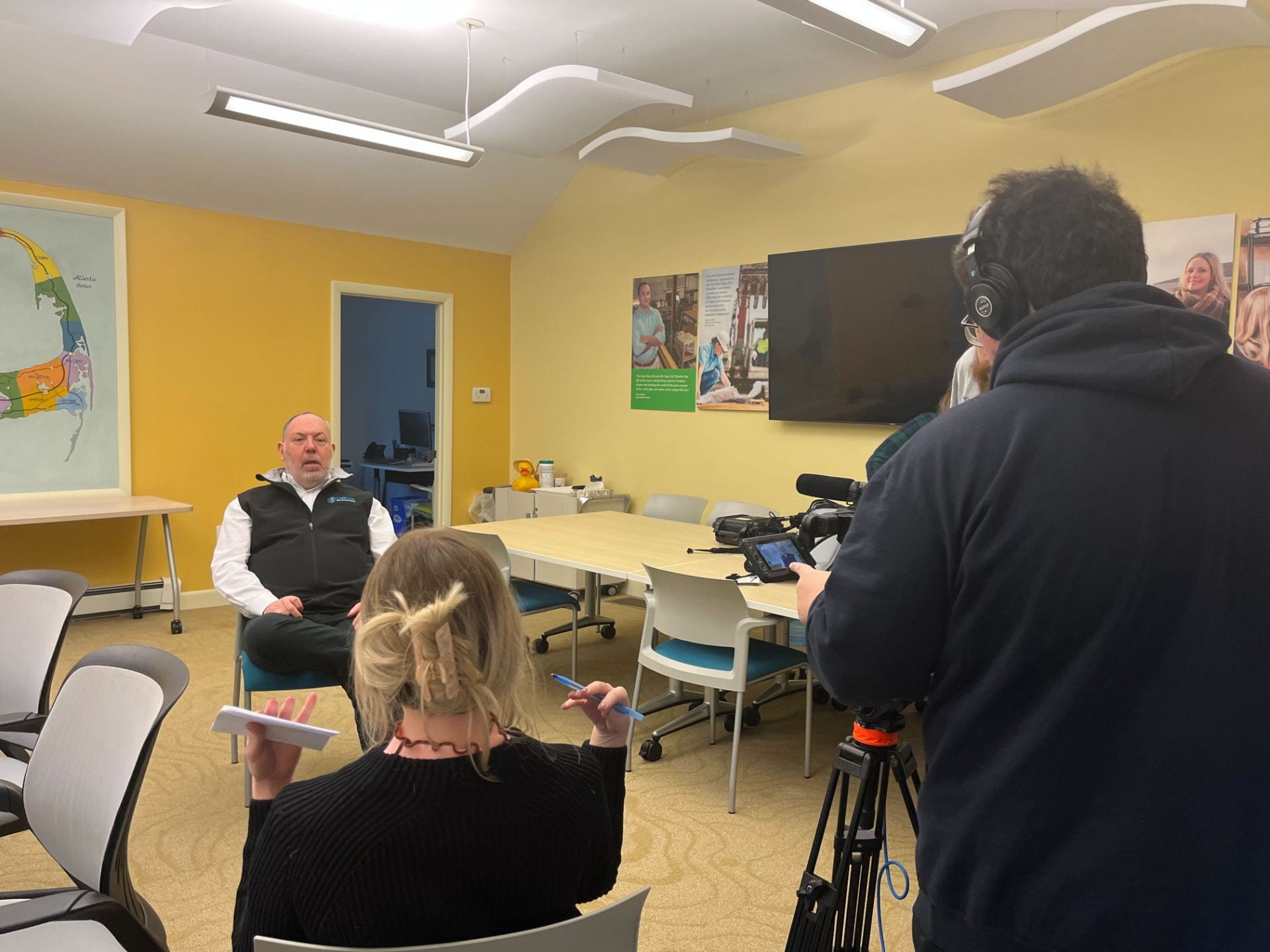
From left to right: Bert Jackson, Caroline O’Kane, Aron Mondschein
The team also caught up with Joshua Reitsma, Fisheries & Aquaculture Specialist with the Woods Hole Oceanographic Institute. Josh provided insight on the history and future of oysters in Cape Cod. Regulations and licensing laws in Massachusetts help manage the threats of overharvesting and water contamination. Over time, such threats have decimated viable oyster populations in New York and Connecticut.
It’s important to remember that areas surrounding Cape Cod Bay and the Nantucket Sound have neither been developed as widely, nor as quickly, as those surrounding New York City. Oysters can be an important tool in cleaning up our waters, but it would be a disservice to the animal to expect them to reverse hundreds of years of pollution.
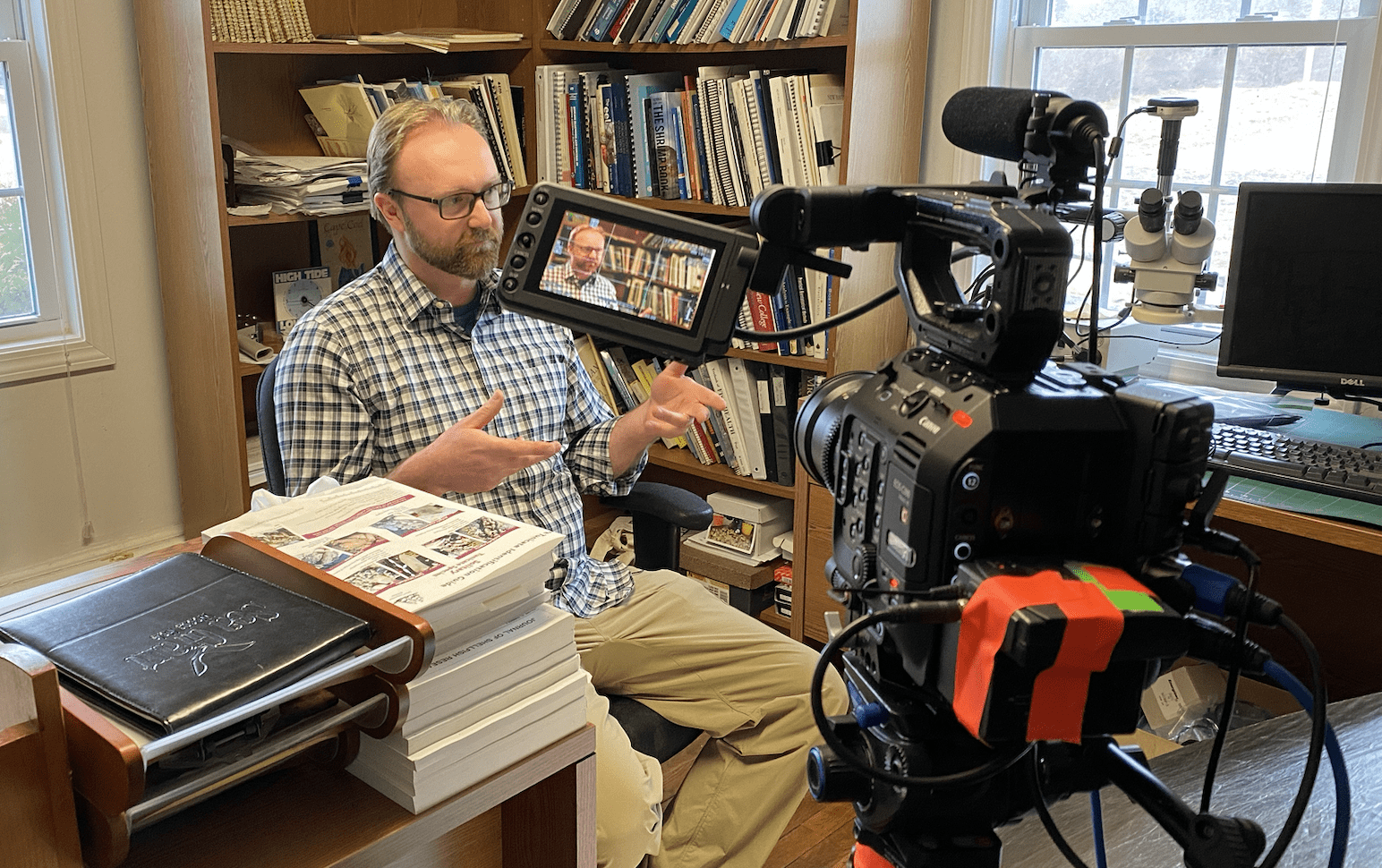
Josh Reitsma, Fisheries & Aquaculture Specialist (Woods Hole Oceanographic Institute)
Back in Wellfleet, we met local Shellfish Constables Nancy Civetta and John Mankevetch– better known on the Cape as ‘Johnny Clam’. We were enlightened to hear about the role constables play in regulating shellfishing practices in the region. Without such regulations, it is doubtful Wellfleet would still cling to their world-renowned oyster reputation.
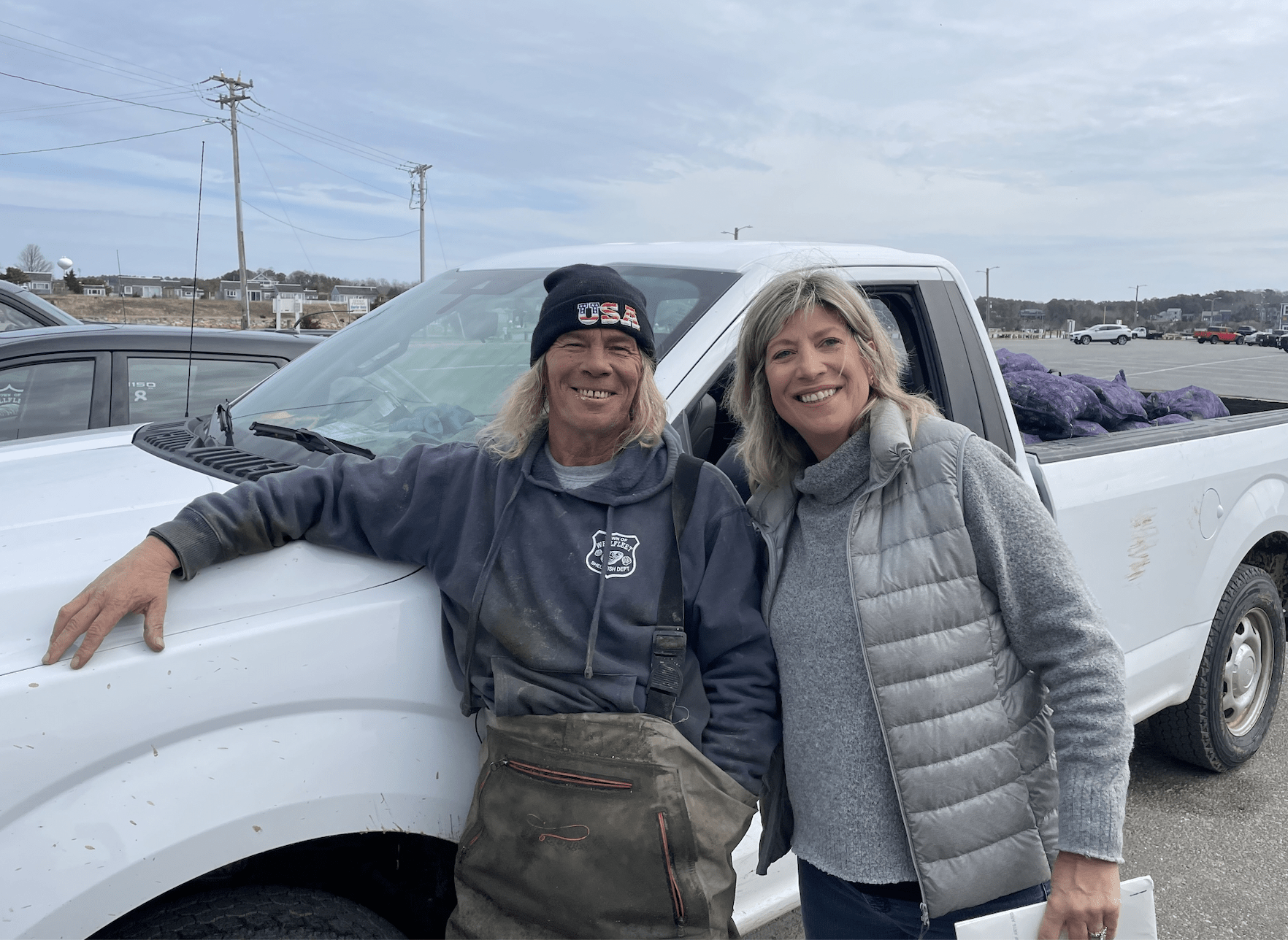
From left to right: “Johnny Clam” (Shellfish Constable) and Dr. Maria Luskay (Director)
We spoke to two Wellfleet oyster farmers, Andy Jacob and Barbara Austin. Although the weather and tides kept us from visiting Andy’s farm, we got to explore his at-home workspace where he keeps his equipment. We learned about his process for catching oyster spawn and raising them to maturity. He talked about the freedom that comes with being an oyster farmer- when he’s out there working, he puts on a podcast or an audiobook and enters his own world. When he’s not farming, he enjoys surfing and art.
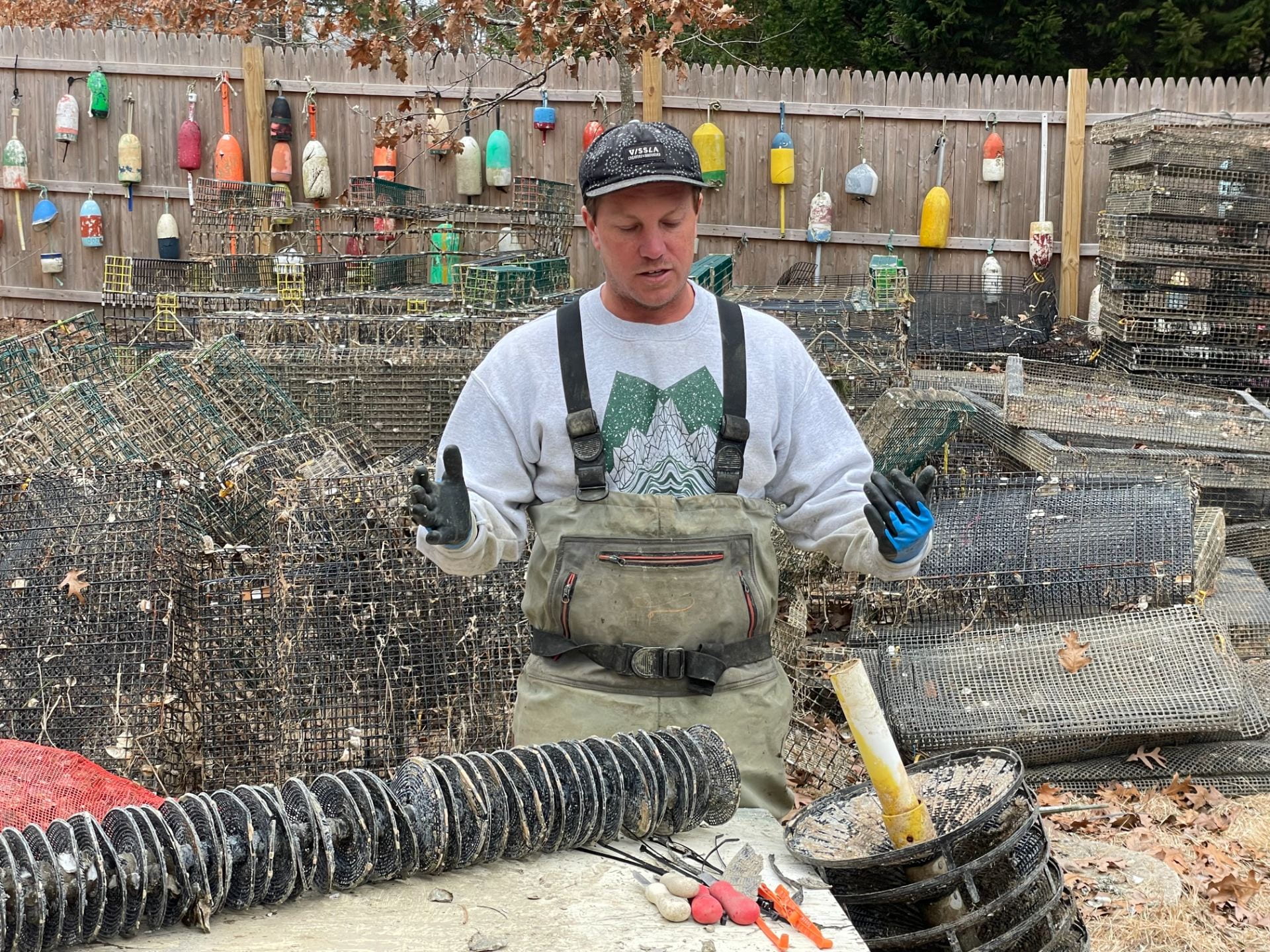
Andy Jacob – Oyster Farmer (Wellfleet, MA)
In addition to oyster farming, Barbara Austin has won oyster shucking competitions. She demonstrated two methods for shucking an oyster- side shucking and hinge shucking. With relatives with their own respective oyster farms along the Cape, she described the experience of getting together for blind taste tests to see whose are really the best. We were welcomed into her “oyster pit” where oysters are stored in the winter, and she spoke of the importance of of tumbling oysters to help them develop deep cups.
Once filming wrapped, the crew regrouped to discuss the next steps for the documentary. They would have two more shoots on Friday morning, head home, and then officially enter editing territory. Each member of the class was assigned an interview transcription to proofread, and it will be up to all crew members to highlight the best excerpts from each interview to find the heart of the story and the order in which it will unfold.
Perhaps in part thanks to the luck of the Irish, our very own Adam Ng found a pot of gold on the other side of a scratch-off ticket as we shared a toast and a laugh at a local Irish Pub.
As we prepare to shape our footage into a cohesive, educational, and engaging film, it will be all hands on deck.
